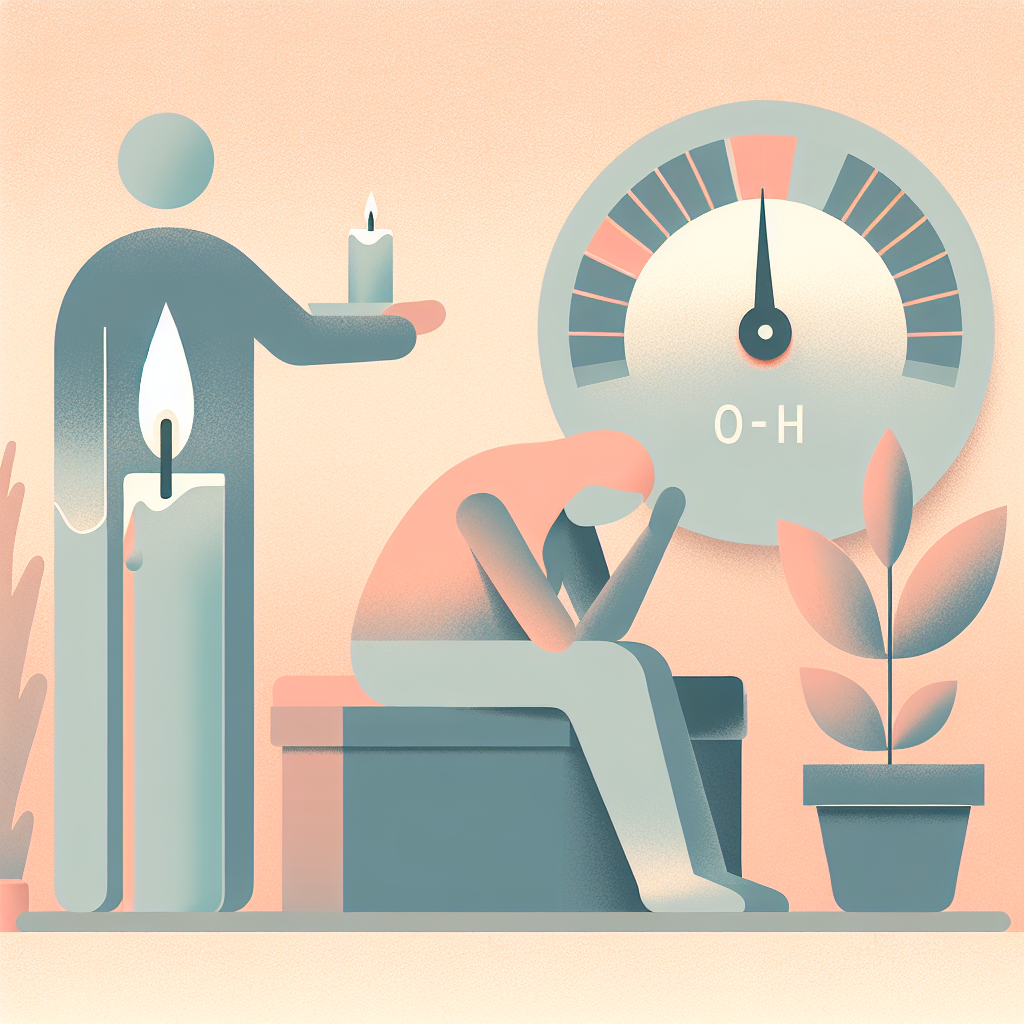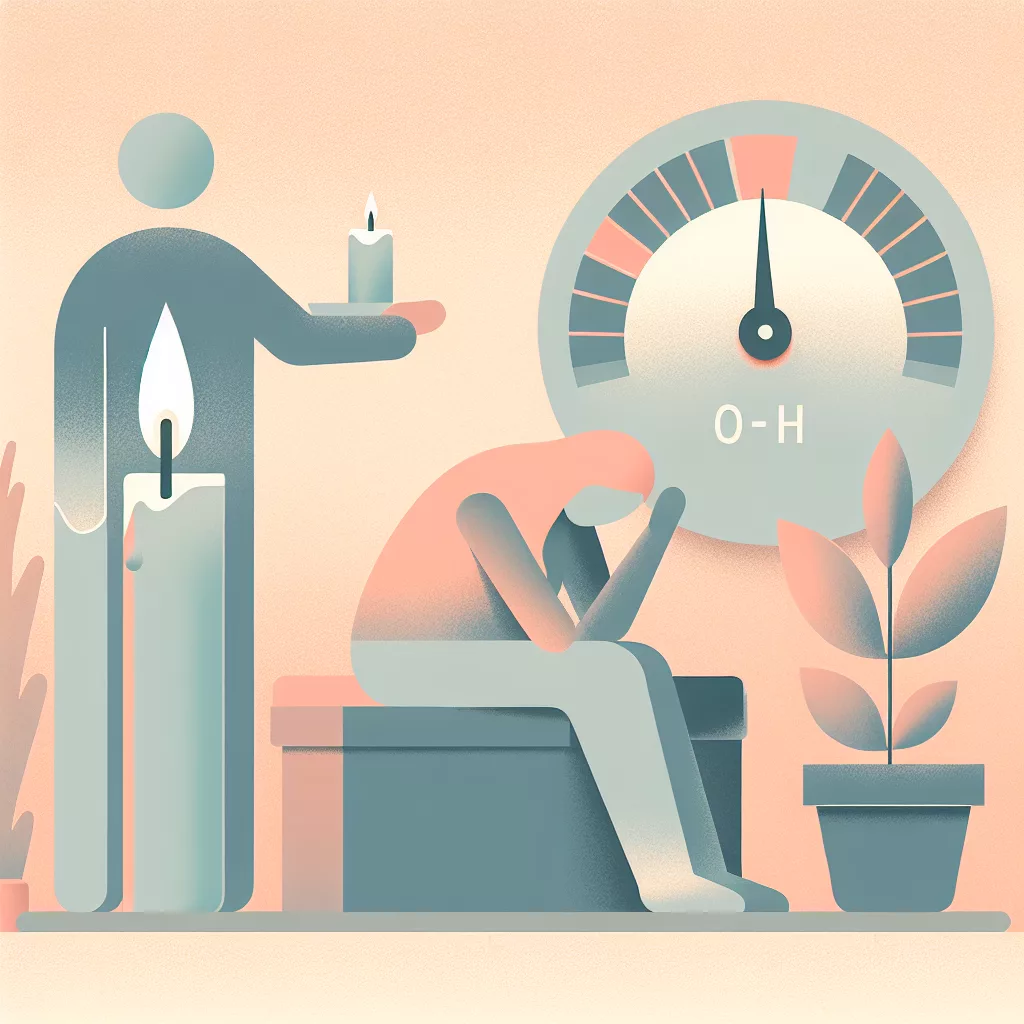Caregivers face a significant risk of burnout, grappling with emotional exhaustion, high stress levels, and physical fatigue due to relentless caregiving demands.

- High emotional demands and stress.
- Lack of personal time and social isolation.
- Physical exhaustion from long working hours.
- Insufficient resources or support systems.
- Role ambiguity and unclear expectations.
- Chronic exposure to suffering and illness.
- Inadequate recognition or compensation.
The data on career burnout statistics for caregivers seems to suggest: Severe.
Reasons Caregivers burnout
According to the science to date there are key reasons people burnout at work. Here’s our top reasons why Caregiver in the Healthcare category has a burnout risk of Severe:
The caregiver role is essential yet incredibly demanding, leading many to experience burnout. One primary reason for burnout is emotional exhaustion. Providing constant support to those in need can drain your emotional resources, especially when dealing with patients who have chronic or terminal illnesses. The mental strain of ensuring others’ well-being around the clock can be overwhelming.
Another contributing factor is physical demands. The role often involves tasks that require substantial physical effort, such as lifting patients or being on your feet for extended periods. This physical exertion can lead to fatigue and stress, exacerbating feelings of burnout.
Many caregivers also face lack of control over their work environment or schedule. Unpredictable hours and limited input into care plans can heighten stress levels. When you feel you have little control over your responsibilities, it may lead to frustration and decreased motivation.
Work-life imbalance is another significant factor. It’s common for caregivers to prioritize their patients’ needs over their own, often sacrificing personal time and neglecting self-care, which can lead to feelings of resentment and burnout.
Lastly, lack of appreciation can impact mental well-being. Caregivers often perform tasks that go unnoticed, leading to feelings that their hard work is undervalued. Recognition and appreciation are critical in maintaining job satisfaction and preventing burnout.
Burnout rate data for Caregiver/Healthcare
Burnout in the healthcare industry, particularly among caregivers, is a critical concern with expansive data available from reputable sources. Extensive research indicates that healthcare professionals face high levels of stress leading to burnout. Factors such as long working hours, emotional strain, and insufficient support systems contribute significantly.
A study published by the National Center for Biotechnology Information highlights that nearly half of healthcare workers experience burnout (https://www.ncbi.nlm.nih.gov/pmc/articles/PMC6371889/). Additionally, the World Health Organization acknowledges burnout as an occupational phenomenon (https://www.who.int/news/item/28-05-2019-burn-out-an-occupational-phenomenon-international-classification-of-diseases).
Recognizing signs and seeking support are crucial for managing burnout. As someone in this field, you should prioritize mental health and well-being. Reliable support networks and effective coping mechanisms can mitigate the adverse effects of burnout, ultimately enhancing both personal health and professional performance.
Do you have experience of Burnout as a Caregiver or in Healthcare?
Share your story about Caregiver burnout on our share your story page.
Burnout in Healthcare
Career Burnout Rates > Burnout in Healthcare > Caregiver Burnout


